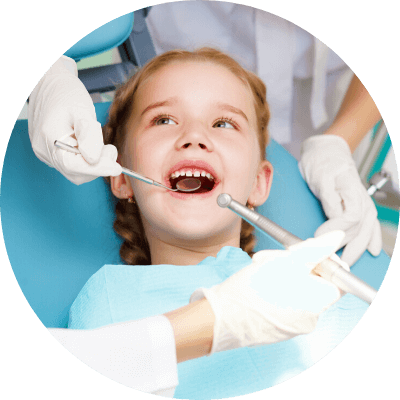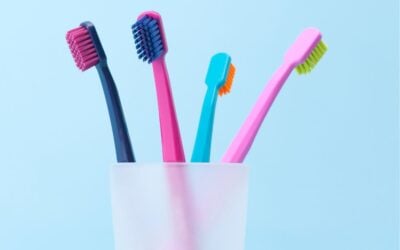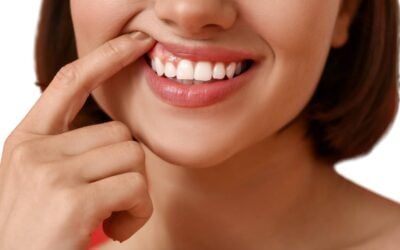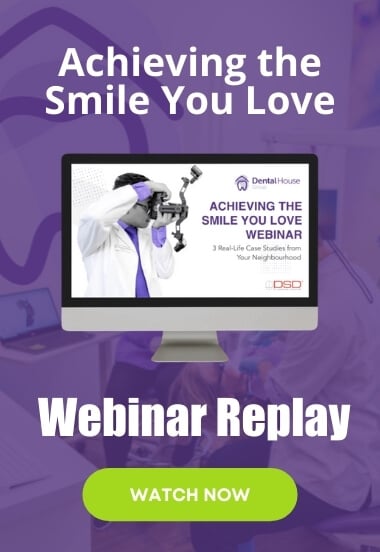Tooth Paste & Flossing: How Much Do These Matter In Dental Care?
Tooth Paste & Flossing: How Much Do These Matter In Dental Care?

Toothpaste is probably the most iconic hygienic talisman of the modern human being. If you have a think about your own childhood rituals growing up with mum and dad forever reminding you to clean your teeth before going to bed. As a parent myself it was the touchstone of parenting in terms of necessary physical instructions to be given out on a daily basis. “Have you brushed your teeth yet?” A cajoling question for the ages. That smallish narrow brush standing up in a cup or rack. That tube of minty paste just waiting to be squeezed out and a dollop anointed upon those bristles. Toothpaste and Flossing: How much do these matter in dental care?
The Iconic Tube Of Toothpaste
That tube of white paste is probably the most banal but somehow essential intimate accessory in our lives. Oral health is brushing one’s teeth with toothpaste for most of us. It is something we mostly do morning and last thing at night. It is a set of actions which signify certain times of the day. The cleaning of our teeth before bed symbolises that our day is over. Brushing our teeth in the morning provides a fresh start to a new day. Healthy little rituals designed to accompany our journey through the various stages and phases of our daily routines. It is no wonder that children find the whole thing terribly boring.
Bonding With A Brand Of Toothpaste
Toothpaste, then, becomes something associated with nurture and the home. The brand of toothpaste becomes for most kids as particular as their own mum and dad. Sure, any two good and loving people could provide nurture and a home for a child but that kid is naturally bonded to his own parents for better or worse. It is somewhat the same with toothpaste. I was a Colgate kid, in that we always had Colgate toothpaste in our bathroom. I could not imagine using anything else. Indeed, it was a very yucky experience the few times I was forced to try another brand of toothpaste when sleeping over elsewhere. Flavours of toothpaste are strongly associated with formative times, in my own experience and through research I have done on the topic. My father drove a Ford motor car, so we were a Ford and not a Holden family. And we were a Colgate family too. This did not last for me, because I switched brands and became a Macleans toothpaste aficionado. Now, in our later years many of us have switched brands again and have embraced the oral care of Sensodyne. Each time the taste of the new toothpaste brand shocks us somewhat before we accept the new flavour experience into our intimate worlds of smells and tastes.
What Is In Toothpaste?
“Toothpastes generally contain the following components: Water (20–40%) Abrasives (50%) including aluminum hydroxide, calcium hydrogen phosphates, calcium carbonate, silica and hydroxyapatite. Fluoride (usually 1450 ppm) mainly in the form of sodium fluoride.”
– K. Moharamzadeh, in Biocompatibility of Dental Biomaterials, 2017
The list of ingredients in my current tube of toothpaste includes: water-purified, sorbitol solution, hydrated silica, glycerol, potassium nitrate, cocamidopropyl betaine, xanthan gum, titanium dioxide, sodium hydroxide, saccharin sodium, sucralose, sodium fluoride, and limonene. I can see from this list that some ingredients are abrasives, some flavourings, sweeteners, whitening agents, fluoride, and bonding agents. There are chemicals in toothpaste which are also in mouthwashes we have examined.

The History Of Toothpaste
“In 5000 BC, two millennia before they invented the tooth stick, the Egyptians used paste to clean their teeth. The ancient Greeks and Romans eventually created toothpaste recipes of their own, with the people of India and China following suit around 500 BC. While they were designed to address the same concerns we have today – oral hygiene, fresh breath, white teeth – the earliest toothpastes used very different ingredients! Egyptians loaded their toothpaste with abrasives like burnt eggshells, oxen hooves, pumice and salt. The Greeks and Romans took the scrubbing up a level and added crushed bones and oyster shells to their toothpaste. And if you think bone toothpaste sounds bad, spare a thought for the Romans who used urine to whiten their teeth! For fresh breath, the Egyptians used more appealing ingredients like mint, peppercorn and dried iris flower, and the Chinese used ginseng and herbal mint. Europeans, on the other hand, favoured a simple honey, salt and rye flour mixture for their dental needs.
Tooth paste as we know it today came about in the early 1800s. At this point, it still came in powder form, but it contained more contemporary ingredients like soap, with chalk, ground charcoal or betel nut for abrasion. By the late 1800s, Colgate had released the first liquid toothpaste product in a jar, followed by the modern-day tube in the 1890s. In the 20th century, toothpaste took on a more therapeutic role. Fluoride toothpastes were introduced in 1914 to prevent decay, followed by toothpastes designed to minimise abrasion or treat conditions like tooth sensitivity.”
– Colgate.com.au
A Declaration Of Independence
I would like to make clear that Colgate had no commercial input or investment in this article. The above excerpt was included because their website had the best information and in recognition that Colgate was one of the first manufacturers of commercial toothpaste globally. My own dalliance with Colgate as a child was mere coincidence. This article is in no way recommending their brand over any other brand of toothpaste.
Is Flossing An Important Part of Your Dental Care?
Every dentist I have ever visited as a client and every dentist I have ever spoken with all highly recommend flossing as an important aspect of oral care.
“Regular flossing plays a crucial role in your dental hygiene. When you skip flossing, plaque can build up between your teeth and along your gumline. Over time, this can increase your risk of tooth decay and gum disease.”
– Healthline
All along the gumline detritus from food can get trapped and produce bacteria and plaque. Flossing can remove this detritus where brushing fails to get the job done properly. Interdental cleaners aka floss will do a much better job in reducing plaque and therefore minimising the risk of tooth decay and gum disease. Many lifelong devotees of flossing speak of the deep satisfaction derived from digging out stray bits of nut and chicken fibre. The flosser is a dedicated crack and crevice cleaner. They enjoy perfecting the look and feel of their smile. I mean, who really wants sticky plaque gumming up their teeth and becoming a breeding ground for bacteria and tooth decay. In more bad news for non-flossers the bacteria in plaque can harden and turn into tartar. Tooth enamel can be attacked by acids and gum disease can eventuate from gumline issues.
Flossing Can Help Prevent Bad Breath
One of the great unspoken fears of us human beings is halitosis in social settings. It can be hard enough getting along with your sister human being without being the bearer of foul smelling breath. Flossing removes that crud that gets caught in our teeth and gumline, which breeds bacteria. The flosser gets out all the trapped food detritus in cracks and crevices, thus knows the feeling of being truly squeaky clean. Flossing really works and the investment is slight in the larger scheme of things.
Toothpaste and Flossing: How much do these matter in dental care? They matter a lot. One is the abrasive lubricant that makes us who we are in some ways and the other is a practice we all should be doing.
DISCLAIMER:
The content has been made available for informational and educational purposes only. New Gisborne Dental House does not make any representation or warranties with respect to the accuracy, applicability, fitness, or completeness of the content.
The content is not intended to be a substitute for professional personal diagnosis or treatment. Always seek the advice of your dentist or another qualified health provider with any questions you may have regarding a dental or medical condition. Never disregard professional advice or delay seeking it because of something you have read or seen on the Site.












